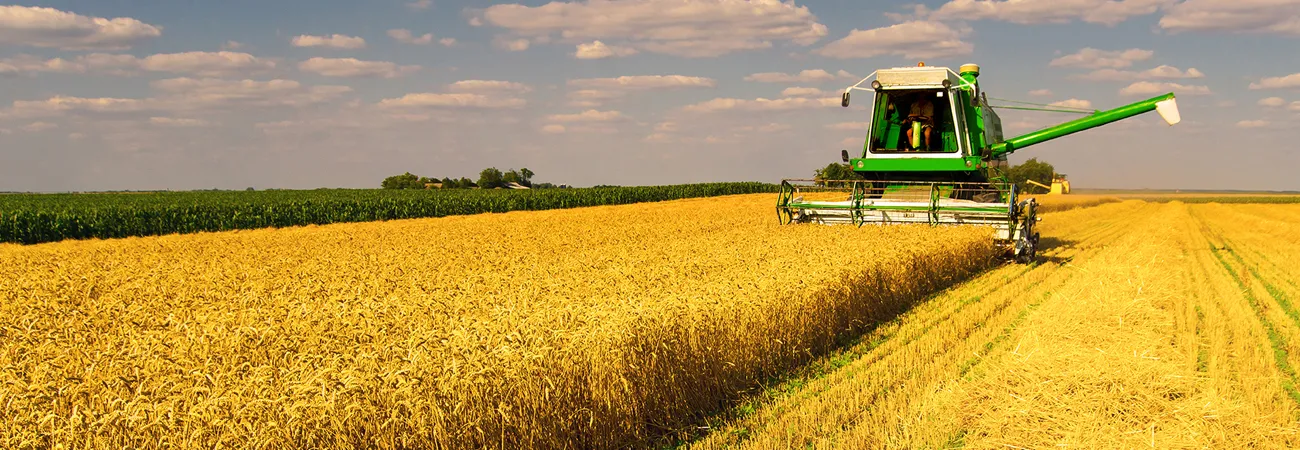i ECONOMY
Agricultural experts and farmers in Sindh are using intercropping to boost crop yield, improve soil health, and ensure food security in the face of water scarcity challenges, reports WealthPK. Intercropping involves growing two or more crops simultaneously on the same land, maximizing resources and mitigating the risks associated with water shortages. "Intercropping is a viable solution to Pakistan's agricultural challenges, as it can improve soil health, increase yields, and enhance food security through crop diversification. By adopting intercropping practices, the farmers can optimize land use and contribute to sustainable agricultural development," Senior Scientific Officer at the National Agricultural Research Centre (NARC) Dr Ibrar told WealthPK. "Sindh, known for its agricultural productivity, has been grappling with water scarcity due to the changing climate patterns and limited water resources. This has significantly impacted traditional farming practices, prompting a shift towards more water-efficient and resilient methods like intercropping. He said, "One of the key benefits of intercropping is its ability to optimize water usage.
By growing complementary crops together, the farmers can reduce water requirements while maintaining or even increasing the overall yield." Moreover, intercropping enhances the agroecosystem by promoting biodiversity and reducing pest and disease pressure. The diverse planting arrangement creates a balanced ecosystem where natural predators can thrive, reducing the need for chemical pesticides. This not only benefits the environment but also contributes to healthier crops and higher yields. In Sindh, the farmers are adopting various intercropping systems tailored to local conditions and crop preferences. For example, combining pulses like lentils or chickpeas with cereals such as wheat or maize improves soil fertility through nitrogen fixation and provides farmers with diversified income streams. Furthermore, intercropping plays a crucial role in climate resilience. By diversifying crops, the farmers can spread the risks associated with climate variability, such as erratic rainfall or temperature fluctuations. This resilience is essential for safeguarding food production and livelihoods, especially in regions vulnerable to climate change impacts.
Government support and agricultural extension services are instrumental in promoting and scaling up the intercropping practices in Sindh. Initiatives focusing on training, access to quality seeds, and financial incentives can encourage more farmers to adopt these sustainable methods, leading to long-term food security and rural development benefits. With the collaboration of the Sindh Agriculture University (SAU) Tandojam and the Food and Agriculture Organization (FAO), significant progress has been achieved in improving the economic wellbeing of the local farmers across three districts in Sindh by adopting intercropping. Under the visionary project titled "Transforming Indus Basin with Climate-Resilient Agriculture and Water Management," which was jointly launched by the SAU and FAO, a total of 22 experimental fields have been established in various union councils located in Umerkot, Sanghar, and Badin districts of Sindh. These fields served as testing grounds for the innovative practice of intercropping, particularly focusing on sugarcane and wheat. Experts from the Sindh Agriculture University provided technical assistance, while the FAO supported the farmers in seed and fertilizer supply.
Credit: Independent News Pakistan









